Despite their growing role in the economy, the majority of women-owned businesses operate on a micro or small scale and they still face many obstacles.
Women entrepreneurs are shaping Vietnam’s economic future, yet many still face significant challenges due to a lack of training and financial resources, as well as persistent gender stereotypes.
Women currently own more than 20% of businesses in Vietnam, and the proportion of businesses owned or run by women is expected to reach at least 30% by 2030. In response to the commitment to net zero emissions by 2050, many Vietnamese female entrepreneurs are leading efforts to produce sustainably, reduce waste, and promote green supply chains.
Despite their growing role in the economy, the majority of women-owned businesses operate on a micro or small scale and they still face many obstacles.
Understanding these challenges is a prerequisite for finding solutions. A recent study by RMIT Vietnam, published in the Journal of Small Business and Enterprise Development, has identified the drivers and barriers affecting female entrepreneurs in Vietnam today.
Barriers identified included gender bias, lack of training and financial support, lack of personal skills, as well as challenges in balancing work and life.
The study highlights the urgent need to address these challenges through training, financial inclusion solutions and cultural shifts to ensure that the female entrepreneurial community has a thriving ecosystem in the coming decades.
Transforming education and training
Education is the foundation for success in starting a business. However, according to Master Pham Thanh Hang, lecturer in Human Resource Management at RMIT University, current training programs often do not equip women with practical business skills.

Dr. Greeni Maheshwari and Master Pham Thanh Hang (right)
“Current programmes are too theoretical and do not focus enough on important skills such as negotiation, digital literacy and strategic planning,” said Ms Hang, who also highlighted the need for more industry-specific training, especially in areas such as consulting, tourism and retail, where the skills gap is most pronounced.
Ms. Hang also stated that integrating entrepreneurship education into the general education curriculum from an early age is very important. In particular, specific support measures are needed for girls to foster an entrepreneurial mindset.
According to Dr Greeni Maheshwari, senior lecturer in Management at RMIT, efforts to increase high-quality education for women and girls, especially in STEM fields, are needed to successfully transform digitally and improve economic capacity.
“Integrated business and STEM programs can close the gender gap in advanced industries, ensuring women gain both technical expertise and business competencies,” said Maheshwari.
Expanding financial support
Access to capital remains one of the biggest barriers for women starting businesses, especially in the retail sector.
To mitigate these barriers, the RMIT team suggests that governments could develop platforms or mobile apps that provide women with information about available funding sources. In addition, women-focused investment funds could be an important source of support for high-growth, high-impact businesses founded by women.
Dr Maheshwari mentioned initiatives such as Women Accelerating Vibrant Enterprises in Southeast Asia and the Pacific (WAVES), a program to increase access to capital for women-owned businesses in Southeast Asia. She also cited the success of Mahila Money, a digital fundraising platform in India that provides unsecured microloans and financial literacy tools to women.
“Adapting these models to Vietnam’s legal and digital environment will help women scale their businesses effectively,” said Ms. Maheshwari.
Dr Maheshwari envisions a future where government-led business incubators will play a key role in driving even stronger growth in women-owned businesses. “Between now and 2050, Vietnam’s business landscape will need more dedicated incubators that provide training, capital opportunities, and hands-on business development support,” she said.
Global mentoring networks can also help Vietnamese women entrepreneurs by connecting them with international investors and business leaders. For example, programs like HerVenture have supported more than 25,000 women in Vietnam, providing them with business skills and networking opportunities to grow their businesses.

Women-focused investment funds can be an important source of support for high-growth, high-impact businesses founded by women. Photo: Pexels
Not stopping at training and finance
In addition to financial support and training, cultural change will be critical for the women's entrepreneurial community to thrive in the coming decades.
“Our research identified that gender bias is a significant barrier,” said Ms. Hang. “Many female entrepreneurs face social biases that challenge their authority. Some participants shared that customers thought they were not real business owners simply because they were women.”
According to Ms. Hang, social perceptions of female leaders can change when their stories are told more in the media, as well as through gender-balanced leadership policies and other advocacy efforts. Research shows that if more stories of successful female entrepreneurs are portrayed in the media, stereotypes about them will be broken and more women will be encouraged to take on leadership roles in the future.
“Public awareness campaigns and policies that promote gender equality in business can play an important role in changing societal attitudes and supporting women’s entrepreneurial efforts,” Dr Maheshwari added. “Additionally, policies that provide comprehensive support for family care, education and small business recovery are needed to help women overcome challenges.”
Vision for the future
The Vietnamese government has set a target to increase the proportion of women-led businesses. Ensuring that women entrepreneurs receive adequate support is crucial to achieving this target. This also contributes to the realization of the Sustainable Development Goals (SDGs), in particular SDG 5 (Gender Equality) and SDG 8 (Decent Work and Economic Growth).
Dr Maheshwari expressed hope for the future: "As the younger generation increasingly embraces gender equality and entrepreneurship, it is this generational shift that will further normalize female leadership, making it more acceptable and indispensable in the business world."
“Action is needed now to truly break down barriers. Governments, education and business leaders must work together to build a prosperous and sustainable economy rooted in gender equality, where women’s talents are fully realized,” she said.
Source: https://phunuvietnam.vn/pha-bo-rao-can-cho-cac-nu-doanh-nhan-20250306221518957.htm


![[Photo] Looking back at the impressive moments of the Vietnamese rescue team in Myanmar](https://vstatic.vietnam.vn/vietnam/resource/IMAGE/2025/4/11/5623ca902a934e19b604c718265249d0)


![[Photo] Phuc Tho mulberry season – Sweet fruit from green agriculture](https://vstatic.vietnam.vn/vietnam/resource/IMAGE/2025/4/10/1710a51d63c84a5a92de1b9b4caaf3e5)

![[Photo] Summary of parade practice in preparation for the April 30th celebration](https://vstatic.vietnam.vn/vietnam/resource/IMAGE/2025/4/11/78cfee0f2cc045b387ff1a4362b5950f)








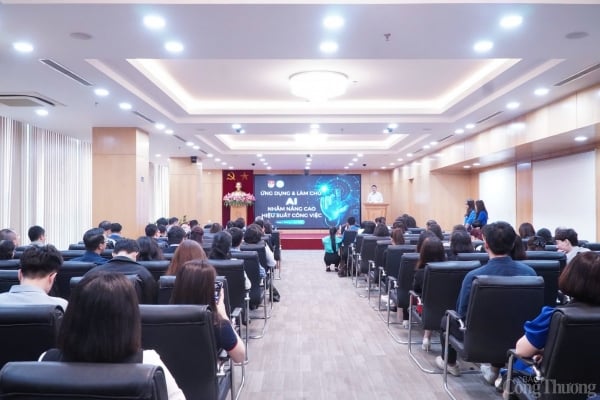
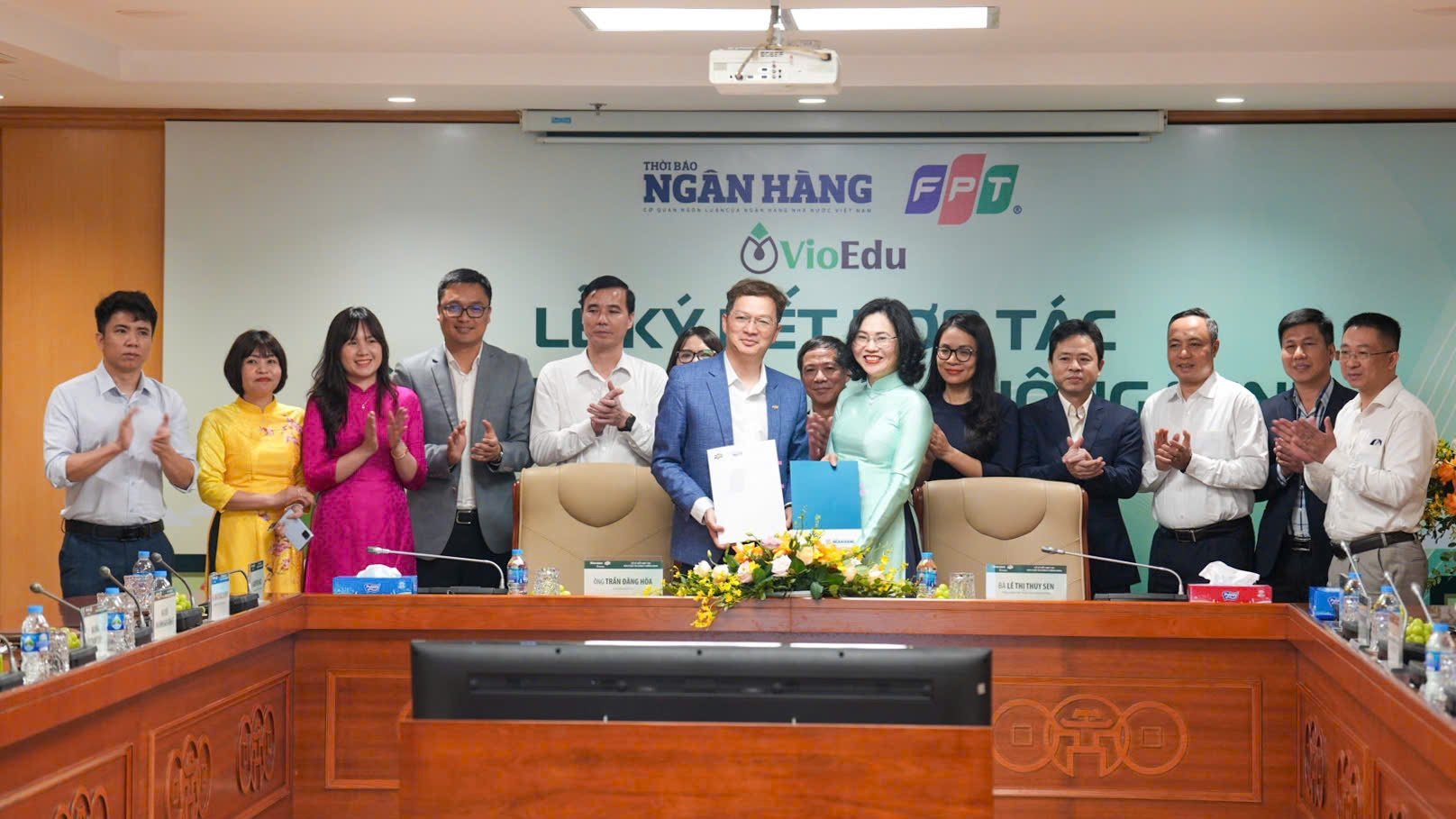

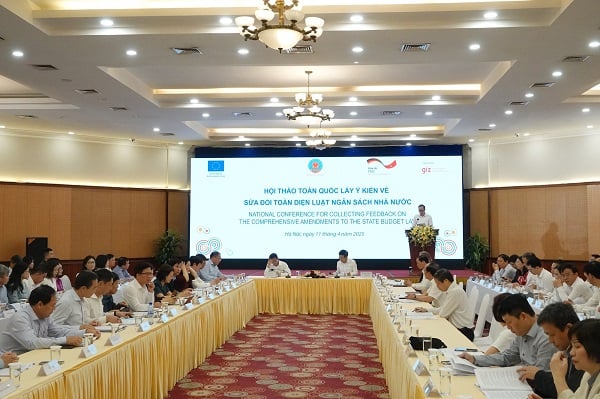








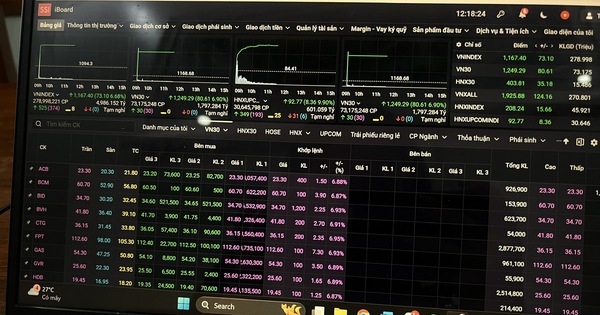



![[Photo] Prime Minister Pham Minh Chinh chairs meeting to discuss tax solutions for Vietnam's import and export goods](https://vstatic.vietnam.vn/vietnam/resource/IMAGE/2025/4/10/19b9ed81ca2940b79fb8a0b9ccef539a)




































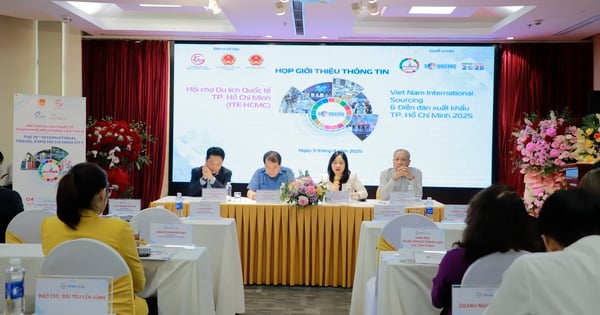


























Comment (0)